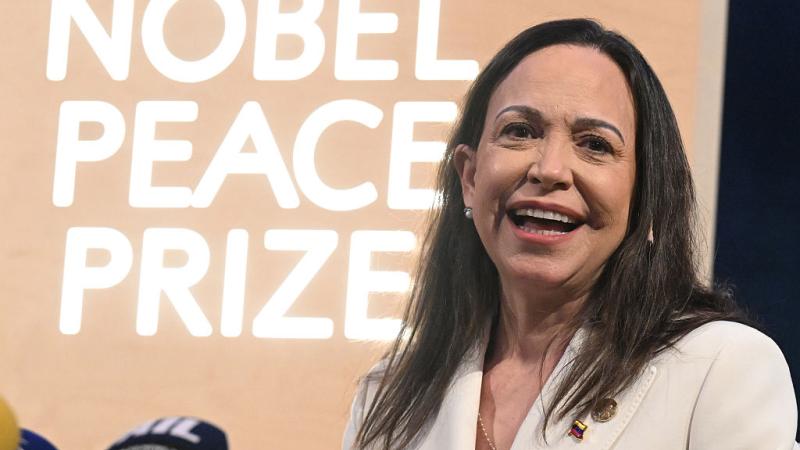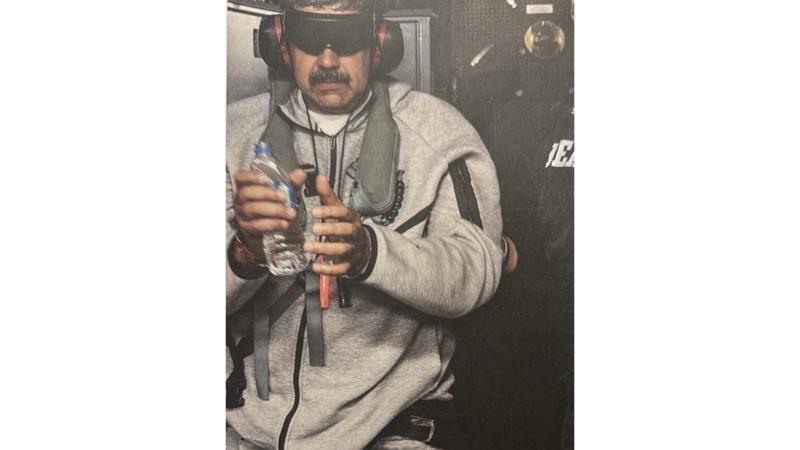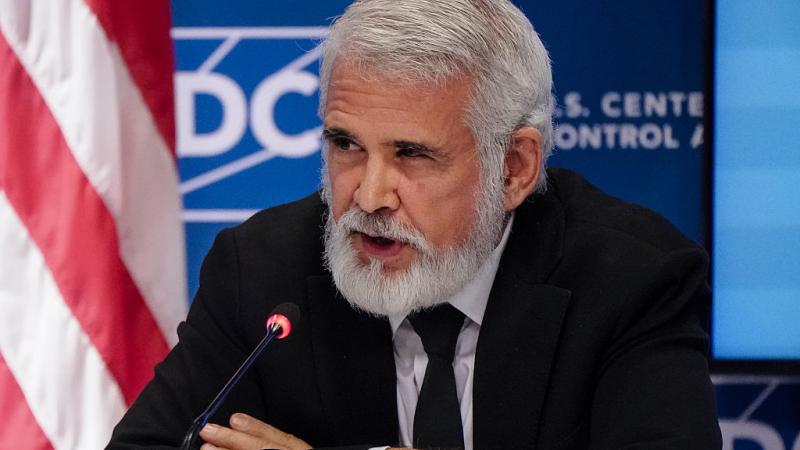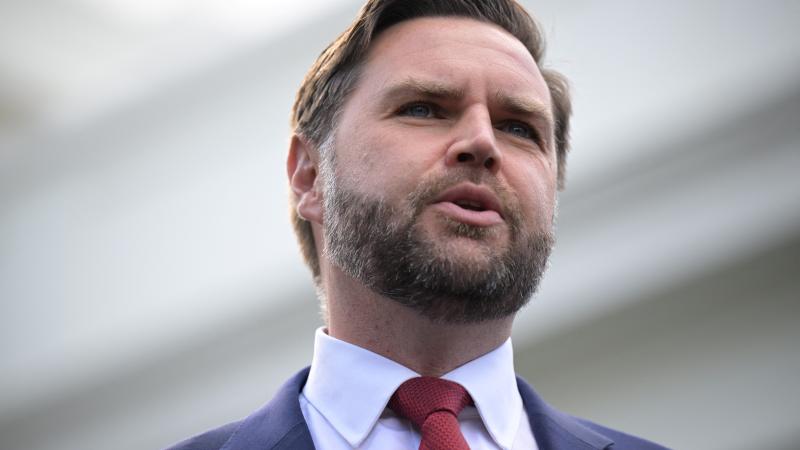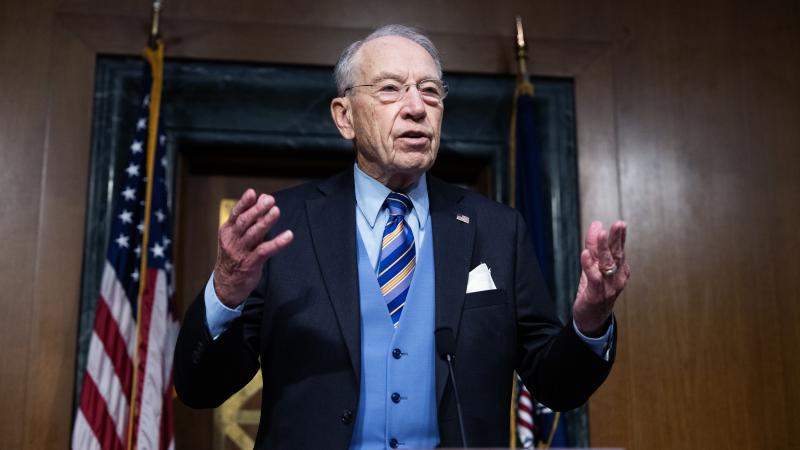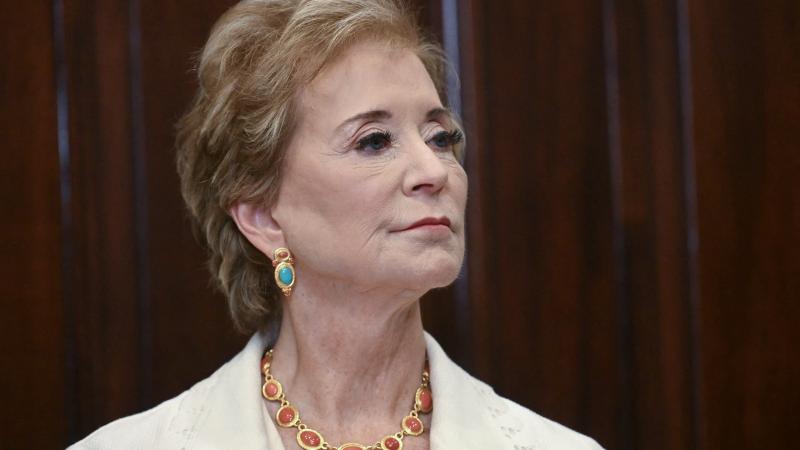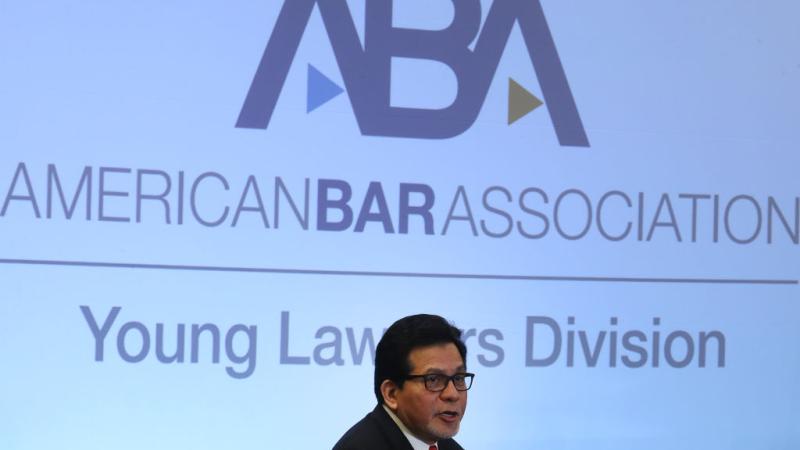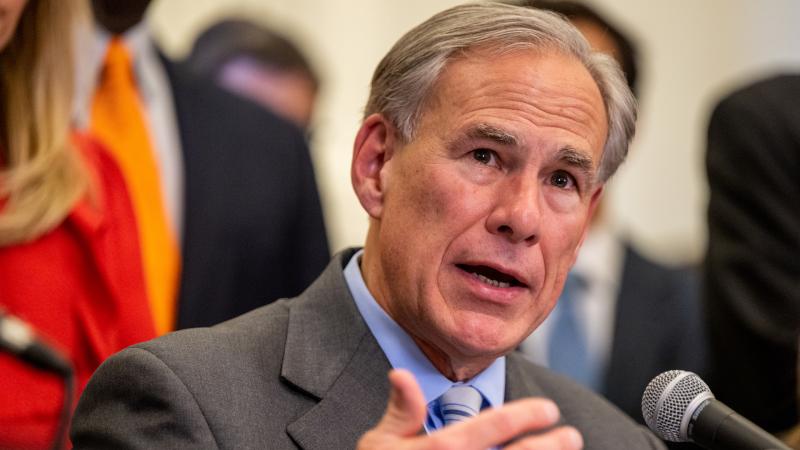U.S. watchdog accuses State Department of withholding evidence on botched Afghanistan exit
Administration is “unreasonably refusing to provide information” and "adopted a premeditated position of obstruction,” John Sopko says.
The chief watchdog for U.S. activities in Afghanistan is accusing the State Department of "unreasonably" withholding information about the Biden administration's botched U.S. withdrawal from that war-torn country and its consequences since.
John Sopko, the Special Inspector General for Afghanistan Reconstruction, sent a letter last week to Congress raising his concerns that State and its foreign aid arm, the U.S. Agency for International Development (USAID) were “coordinating to obstruct" his office's audit and investigative work.
State and USAID are “unreasonably refusing to provide information and assistance requested by SIGAR" and "now appear to have adopted a premeditated position of obstruction,” Sopko wrote in the letter, which also was sent to Secretary of State Antony Blinken and USAID Administrator Samantha Power.
Sopko's team has been investigating the collapse of the U.S.-backed government of Afghan President Ashraf Ghani to the Taliban as U.S. troops were withdrawing last summer, State and USAID’s compliance with laws and regulations regarding the prohibition of transferring funds to the Taliban and humanitarian aid to Afghan civilians.
The Biden administration is challenging the watchdog's claims. A USAID spokesperson told the Washington Examiner the agencies “are committed to assisting SIGAR” and have for years, but “since receiving SIGAR’s October letter, we have had concerns about how some of SIGAR’s requests for information relate to their statutory jurisdiction.”
The dispute between America's diplomatic agency and its chief watchdog for Afghan issues goes deeper than current requests. State Department spokesman Ned Price said last week the administration did not accept the findings of Sopko's earlier report on the collapse of the Afghan Security Forces.
“Our view is that the report does not reflect the consensus view of the State Department or the U.S. government, for that matter," Price said. "Many parts of the U.S. government, including the State Department, have unique insights into developments in Afghanistan last year that were not captured in the report and we don’t concur with many aspects of the report.”
